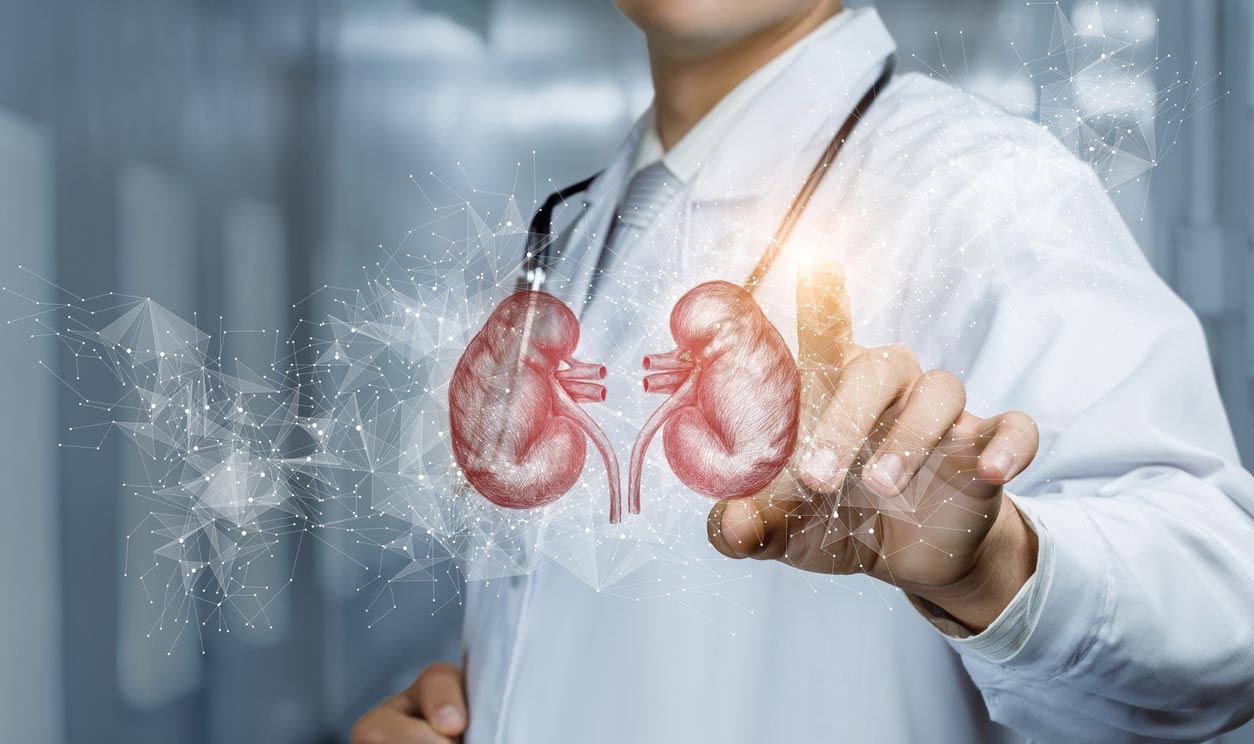
1. Drink Enough Water – 4 to 5 Litres a Day During Indian Summers
Every Indian, especially during hot months, needs to drink 4-5 litres of safe drinking water throughout the day. You can take this as plain water, home-made nimbu pani (lemon water / नींबू पानी / लिंबूपाणी), coconut water (नारियल पानी / नारळपाणी), or buttermilk (छाछ / ताक), but be careful not to add too much sugar or salt.
Why:
Proper hydration flushes out bacteria and salts from your system, preventing kidney stones (पथरी) and infections. Your urine should be light yellow and never deep yellow or brown.
2. Eat a Balanced Diet Suitable for Urinary Health
- Choose fresh, seasonal fruits such as watermelon (तरबूज / कलिंगड), cucumber (खीरा / काकडी), and citrus fruits (संतरा / संत्रे) because they hydrate the body and provide essential vitamins.
- Eat more fiber (whole wheat, dal, green leafy vegetables) to prevent constipation, which can cause urine flow problems.
- Take curd (दही) and buttermilk (छाछ / ताक) for good bacteria and better digestion, which also supports urinary health.
Avoid:
Salty snacks, packaged foods, processed meats, excess tea/coffee, oily and spicy food (मसालेदार खाना / मसालेदार जेवण), pickles (अचार / लोणचं), and aerated cold drinks. These can irritate the bladder and increase the risk of stones and infections.
3. Practice Proper Toilet and Hygiene Habits
- Teach children to use the toilet at regular intervals and maintain hygiene—especially girls, who should always wipe front to back after urinating (महिला स्वच्छता एकदम ज़रुरी है).
- Do not “hold in” urine when you feel the urge, whether at school, work, or during travel.
- Always wash hands before and after toilet use, and avoid public toilets when possible. If you must use them, use a sanitiser or seat cover.
4. Age-Specific Tips
For children:
- Encourage regular toilet timing.
- Teach them to keep their private area clean and dry, especially after school or outdoor play.
For adults:
- Maintain a healthy weight (मोटापा / लठ्ठपणा can cause urinary problems).
- Practice pelvic floor exercises, especially for women.
- Don’t ignore mild pain or burning.
For seniors:
- If you have diabetes (डायबिटीज / साखरवाढ) or blood pressure, monitor kidney function regularly.
- Ask your doctor if urine flow changes, or if you need to urinate more frequently at night.
5. Warning Signs – When You Must See a Doctor
See a Urologist (मूत्ररोग विशेषज्ञ / मूत्ररोग तज्ञ) promptly if you notice:
- Burning sensation while urinating (पेशाब में जलन / जळजळ)
- Blood in urine (पेशाब में खून / मूत्रात रक्त)
- Side or lower back pain (पीठ या कमर दर्द / पाठदुखी, कंबरदुखाव)
- Frequent urge to urinate, especially at night
- Difficulty starting urination or passing urine in a thin stream
- Any swelling in the lower abdomen
- Early evaluation and treatment are key to preventing complications.
6. Preventing Common Problems
- For kidney stones (पथरी / मुतखडी):
- Drink plenty of water, eat less salt, and avoid junk food.
- Don’t skip meals.
- For UTIs (मूत्र संक्रमण):
- Maintain good personal hygiene.
- Avoid chemical-laden products for intimate areas.
- Women should urinate after sexual intercourse.
- For prostate issues in men over 50 (प्रोस्टेट / प्रोस्टेट ग्रंथी):
- Get yearly check-ups.
- Eat a fiber- and antioxidant-rich diet (tomato, soya, green tea).
7. Frequently Asked Questions
Q: What doctor is best for urine or kidney problems?
A: Always consult a Urologist (मूत्ररोग विशेषज्ञ / मूत्ररोग तज्ञ) for urine, kidney, or men’s health issues.
Q: What foods are best for preventing urine infection?
A: More fluids, curd, lemon water; avoid excess sugar, salt, and masala.
Q: What home remedies can help?
A: Drink plenty of fluids, practice hygiene, and don’t hold urine for long.
8. Where To Get Help in Nagpur
If you or your family have any urinary symptoms, don’t wait! Early check-ups help fast recovery.
Dr. Sadashiv Bhole, Senior Urologist at Ketki Nursing Home & Urology Hospital, Nagpur (डॉ. सदाशिव भोले, नागपुर के मूत्ररोग विशेषज्ञ) is available for expert consultation and all types of urology and kidney treatments.

